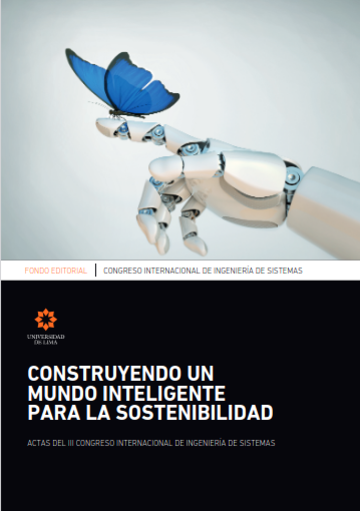El carácter obligatorio del aprendizaje en línea durante el COVID-19: estudio comparativo de la experiencia de tres universidades
DOI:
https://doi.org/10.26439/ciis2020.5479Palabras clave:
aprendizaje en línea, plataformas educativas, tecnologías educativas en líneaResumen
Este artículo está dedicado al análisis comparativo de tres plataformas educativas en línea utilizadas por tres universidades (la Universidad Estatal de Dubná y la Universidad Estatal de Pyatigorsk en Rusia y la Universidad de Campania “Luigi Vanvitelli” en Italia) para la adopción forzosa del aprendizaje en línea durante la pandemia del COVID-19. Se analizan las ventajas, los defectos y las restricciones de cada plataforma educativa junto con el factor de error e incompetencia humana durante el uso de las plataformas. Se comprobó que era difícil establecer la autoría de las tareas realizadas, comprobar la asistencia real y el grado de participación durante las clases en línea y averiguar la identidad de los estudiantes sin violar las leyes sobre datos personales y privacidad. Además, los participantes del proceso educativo demostraron la falta de experiencia y habilidades técnicas para trabajar con las plataformas y la falta de motivación y autodisciplina. De acuerdo con los datos recibidos y analizados en esta investigación, se ofrece una lista de recomendaciones y especificaciones técnicas necesarias. Esta investigación es útil para las instituciones gubernamentales, las universidades, el personal académico y los estudiantes que trabajan o planean empezar a trabajar con instrumentos de aprendizaje en línea.
Descargas
Referencias
Казакова, Т.А. (2015) Использование информационно-коммуникационных технологий в процессе преподавания иностранного языка в вузе. [Электронная версия] Лингвистика и межкультурная коммуникация No3(17) ( Journal paper in Russian).
Федеральный закон РФ от 27 июля 2006 года No 152-ФЗ “О персональных данных” (Official text in Russian).
Федеральный закон “Об образовании в Российской Федерации” от 29.12.2012 N 273-ФЗ (последняя редакция) (Official text in Russian).
Akinyemi, A. L., & Segun M. (2020) Techno-pedagogical Models and Influence of Adoption of Remote Learning Platforms on Classical Variables of Education Inequality during COVID-19 Pandemic in Africa. [Electronic version]. Journal of Positive Psycholog y and Counselling, 7. 72-82.
Basilaia, G. & Kvavadze, D. (2020). Transition to Online Education in Schools during a SARS- CoV-2 Coronavirus (COVID-19) Pandemic in Georgia. [Electronic version]. Journal of Pedagogical Research, 5(4).
Boling, E.C., Hough, M., Krinsky, H., Saleem, H., & Stevens, M. (2012). Cutting the Distance in Distance Education: Perspectives on what Promotes Positive, Online Learning Experiences. [Electronic version]. Internet and Higher Education, 15(115). 118-126. doi: 10.1016/j.iheduc.2011.11.006
Bryson, John R. & Lauren, A. (2020). COVID-19 and Rapid Adoption and Improvisation of Online Teaching : Curating Resources for Extensive Versus Intensive Online Learning Experiences. [Electronic version]. Journal of Geography in Higher Education. doi: 10.1080/03098265.2020.1807478
Dhawan, Shivangi (2020). Online Learning : A Panacea in the Time of COVID-19 Crisis. [Electronic version]. Journal of Educational Technolog y, 49(1). 5-22. doi: 10.1177/0047239520934018
Mukhtar K, Javed K, Arooj M, Sethi A. (2020). Advantages, Limitations and Recommendations for online learning during COVID-19 Pandemic Era. Pakistan Journal of Medical Sciences. doi: 10.12669/pjms.36.COVID19-S4.2785
Policy Brief: Education during COVID-19 and beyond. AUGUST 2020. Official document of the United Nations.
Regulation (EU) 2016/679 of the European Parliament and of the Council of 27 April 2016 on the protection of natural persons with regard to the processing of personal data and on the free movement of such data, and repealing Directive 95/46/EC (General Data Protection Regulation) (Text with EEA relevance). Official Journal of the European Union.






